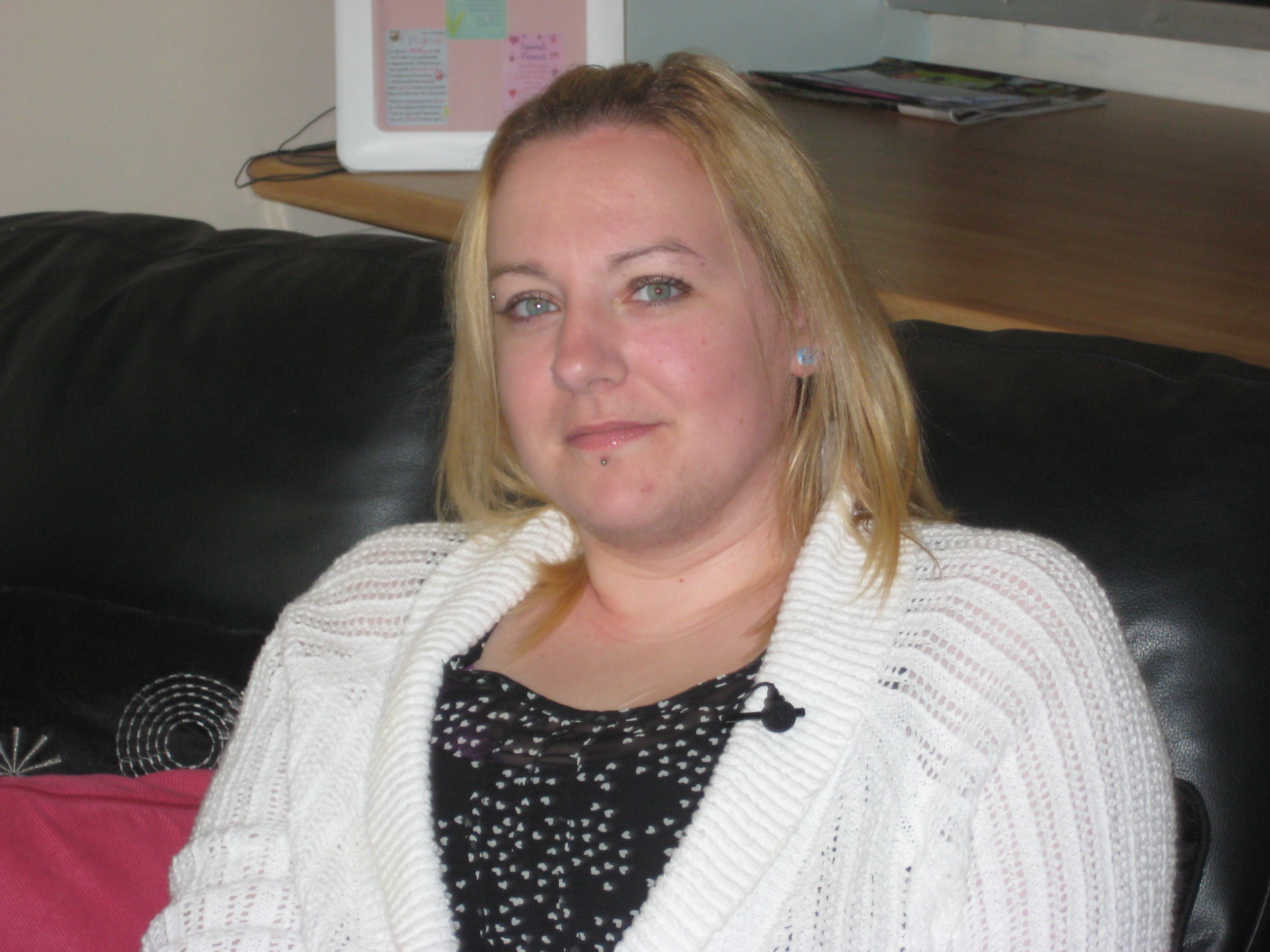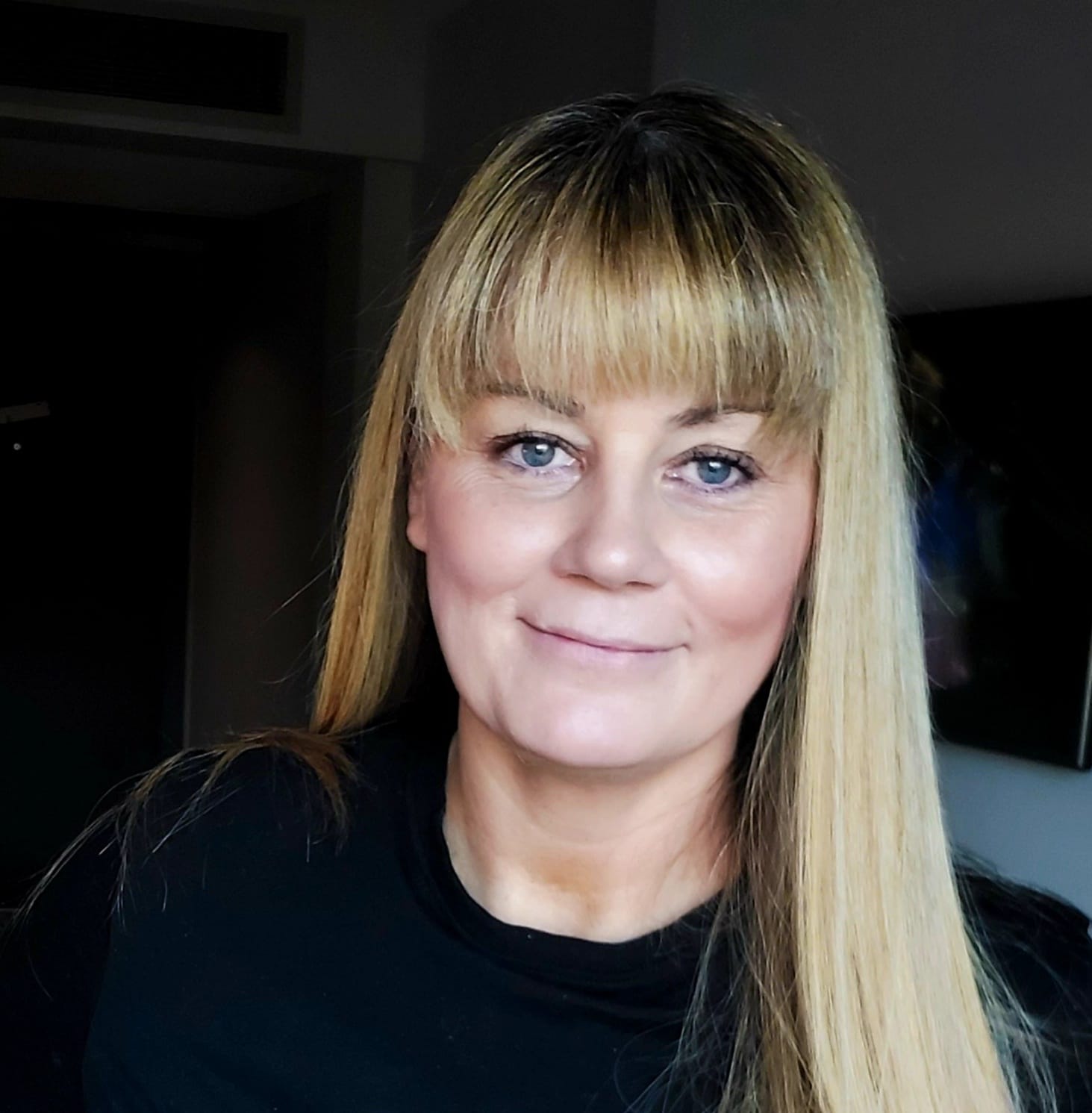People with mental illness are not getting help over fears they will be blamed for their problems
Posted by See Me, 11 July 2023
Mental illness continues to be unfairly stigmatised in Scotland, with people reporting that they feel the public view them as dangerous, unpredictable, and to blame for their problems.
See Me, Scotland’s programme to end mental health stigma and discrimination, is calling on the Scottish public to rethink their words and actions when it comes to mental illness, and show more compassion towards those who struggle.
The call follows on from the Scottish Mental Illness Study, from See Me and the Mental Health Foundation in collaboration with VOX Scotland and Glasgow Caledonian University, a first of its kind piece of research for Scotland which explores the experiences of people with severe, enduring and complex mental illnesses relating to stigma and discrimination.
It found that 92 percent of people with mental illness believe that the public view them as unpredictable, while three quarters (75 percent) think that the public believe they will never recover or get better.
Almost eight in 10 (78 percent) shared that they think the public view them as dangerous, while 87 percent believe that the public see them as being to blame for their problems.
Impact
The study, first published in the autumn, sought the views and experiences of nearly 400 people, exploring how the actions and words of others continue to impact people with mental illness.
This month, See Me followed up on the specific findings around public attitudes, to find to find out more about how people with experience of mental illness are treated differently or unfairly by the public. This included people close to them being dismissive of their problems and strangers commenting on self-harm scars. One person shared that they were asked, “What did you do for that to happen?” following an extended hospital stay for their mental health.

Denise McLaren, from Stirling, gave up a volunteer role when colleagues started to treat her as though she couldn’t be trusted when certain responsibilities.
Denise says that her experiences of public stigma have held her back in life. When she first started in a previous volunteer role at a crèche, she felt comfortable being open about her mental health to her colleagues, who were very accepting – but things soon changed.
She said: “There was one incident where I was feeding a three-month-old baby. This worker came up to me, took the baby out of my hands and told me I wasn't doing it right.
“I went to the bosses, and I was shocked because they started acting completely different to me compared to when I started.
“I loved volunteering there. But I felt like I was getting treated like a child, and that happened to me a quite a few times until I started thinking: ‘Well, I must not be worth anything,’ and went into myself. I didn’t do anything for quite a number of years.
“It tore me apart because it was all I wanted to do since I was a young — I just love looking after children. After what they said to me, I just felt like I wasn’t allowed to be near anyone.”

Holding back
Angela McCrimmon, 46, from Livingston, says that the attitudes of the public hold her back from opening up about her mental health.
Angela, who was diagnosed with bipolar disorder at the age of 19, says that a fear of how others may react is a major barrier for her.
She said: “I know that with mental illness, you can’t help it, you can do your best to manage it as best you can. So I shouldn’t feel like I can’t be honest with other people – but there are still times where I’m unsure of what their reaction will be, because of the stigma that’s still out there.
“The way people speak about mental health still is frustrating. Something I’ve been witness to is people who know I’m somebody who lives with a mental illness speaking about other people very derogatively – their ‘mad’ neighbour up the road, for instance. ‘Don’t got into their house, you might not come out alive,’ – things like that. I had a neighbour who wasn’t known by his name any more – he was ‘the schizo’, which was awful.
“When I hear people speaking like that, I’ve had to hold back, because I think, if you have that opinion, what’s to stop you talking like that about me? It makes me quite guarded.”
See Me director Wendy Halliday said: “A lot of public stigma stems from outdated stereotypes and preconceptions relating to mental illness.
“In reality, people with mental illness are more likely to be victims of violence than perpetrators, and many are able to live full, independent lives with the right support and understanding.
“The actions of others, including the language used around mental health and mental illness, continue to prevent thousands of Scots from reaching out and seeking help with they need it, and we know that has to change.”
